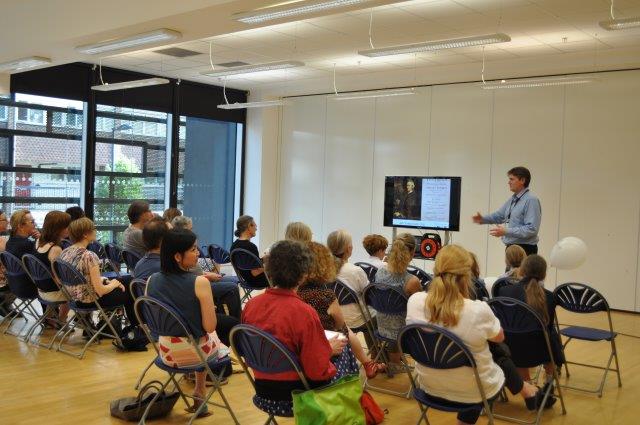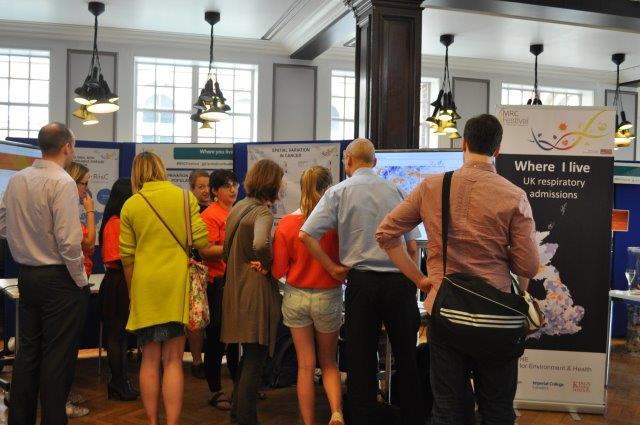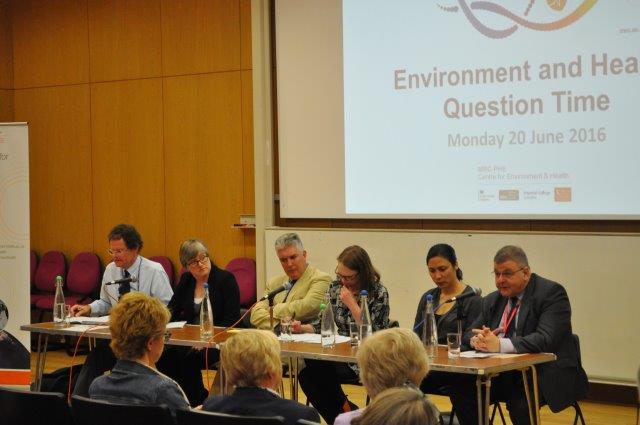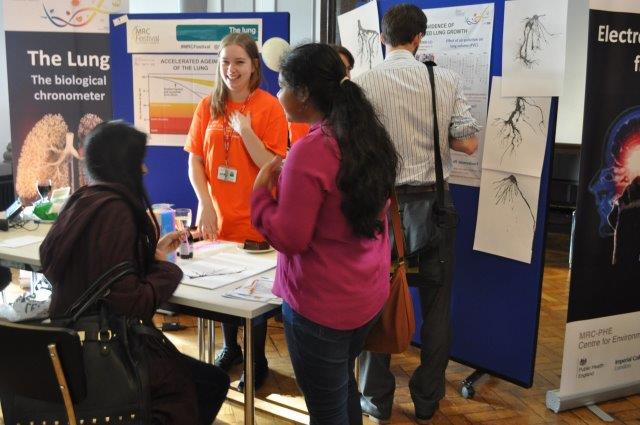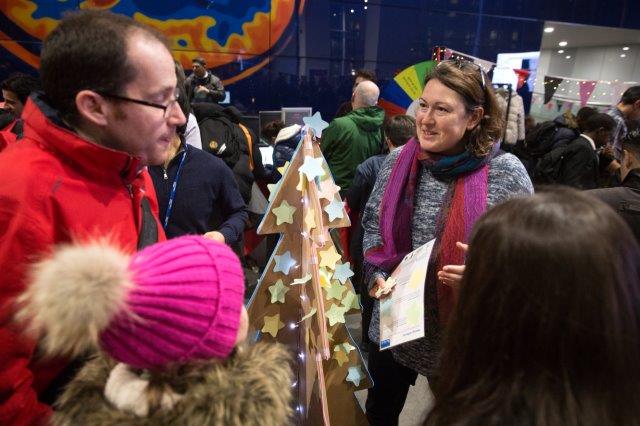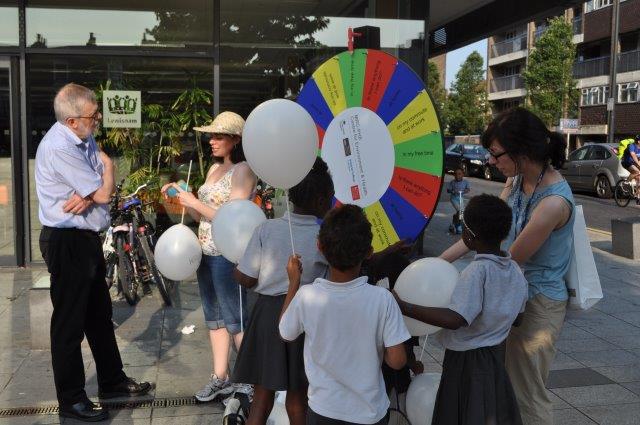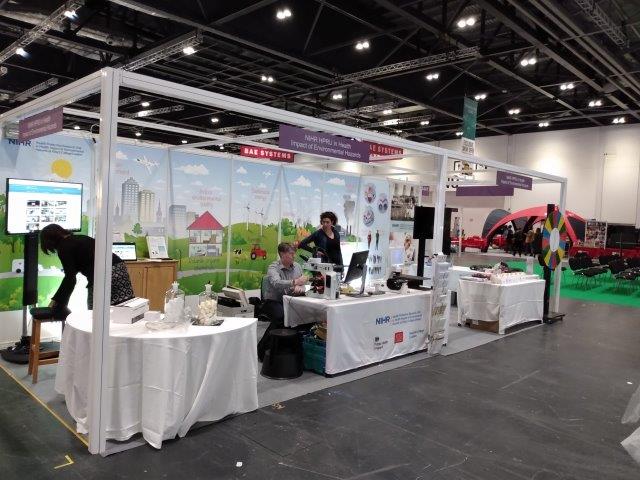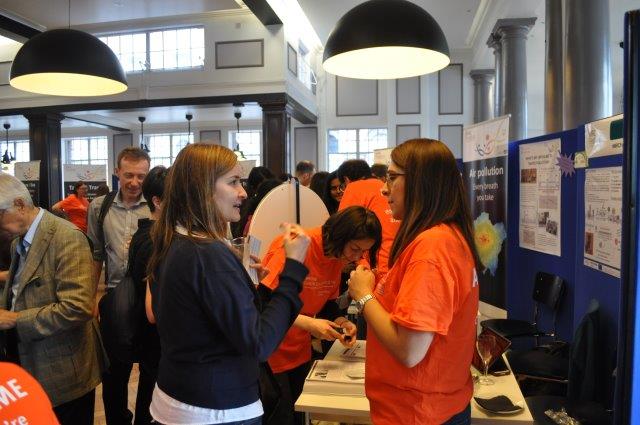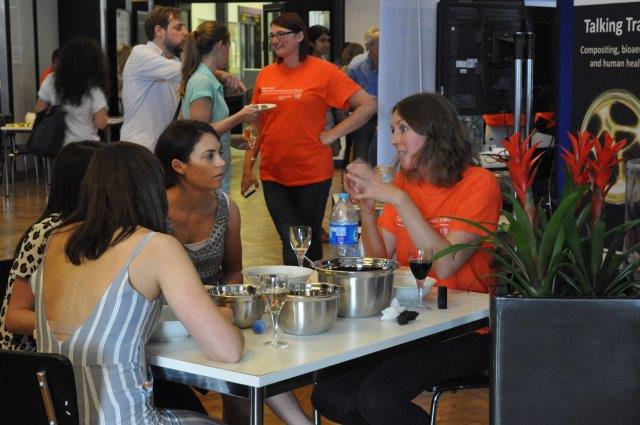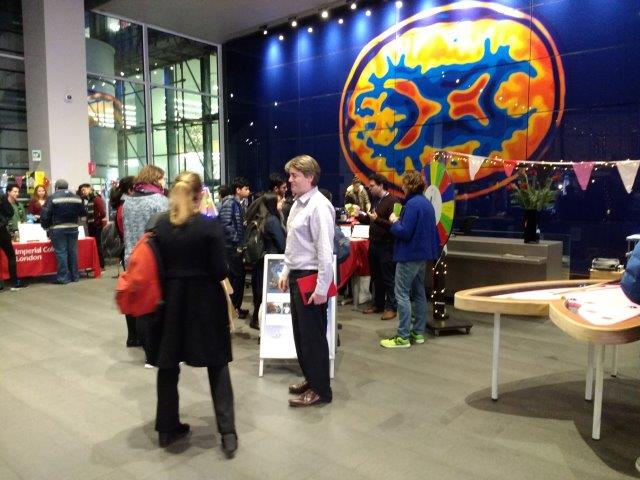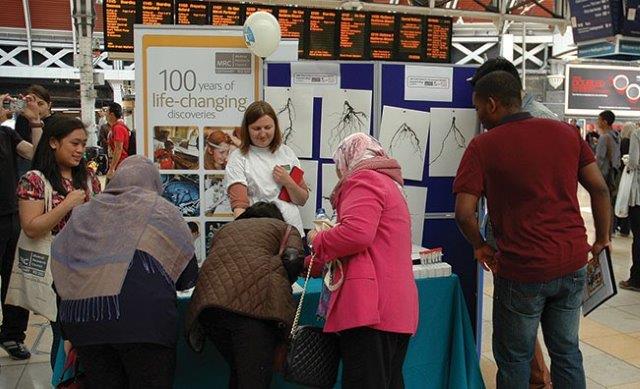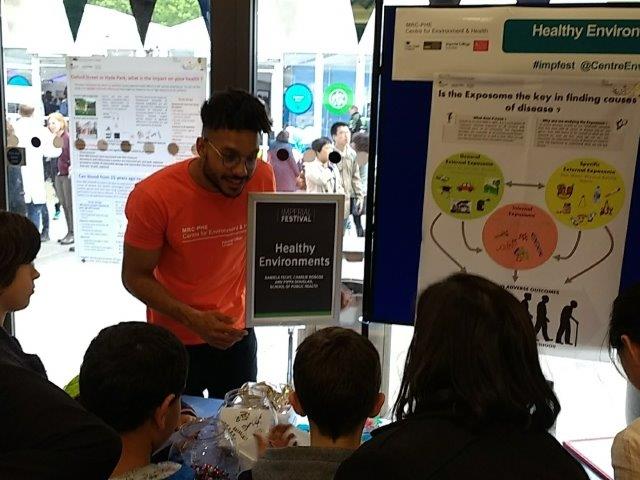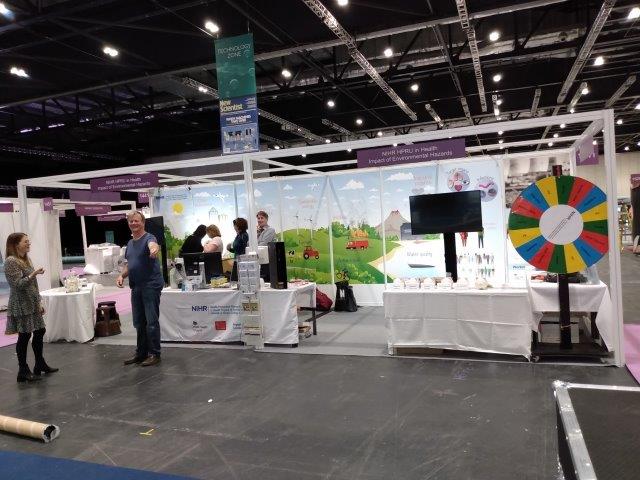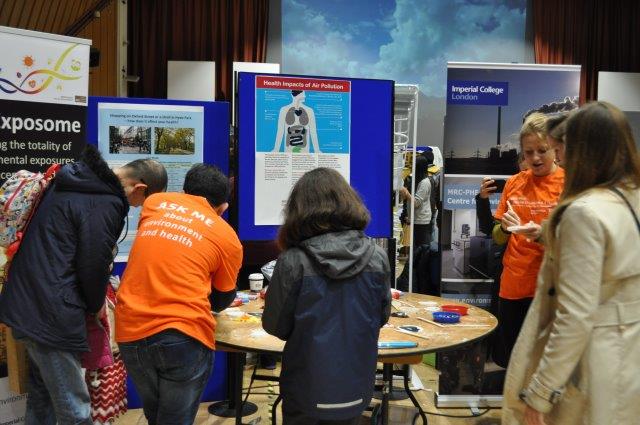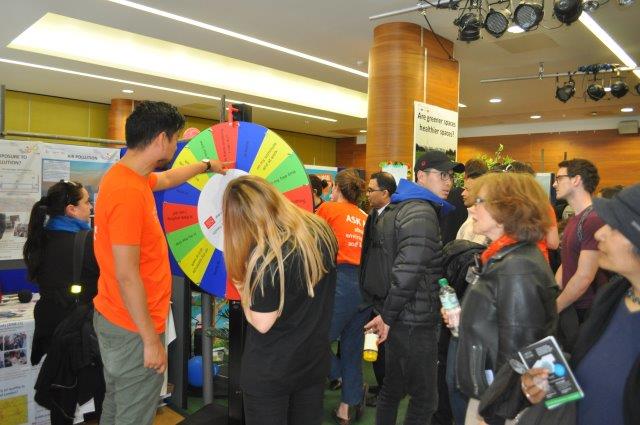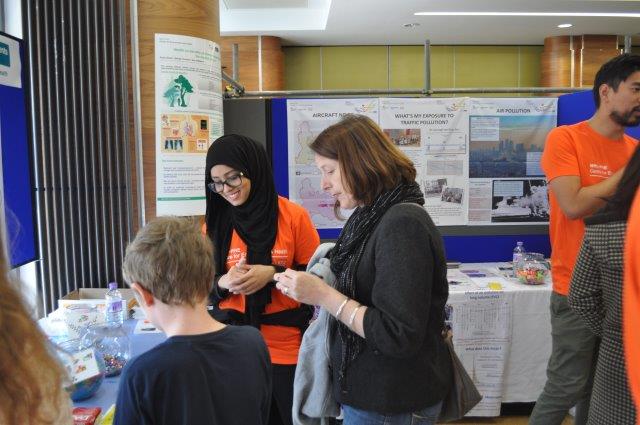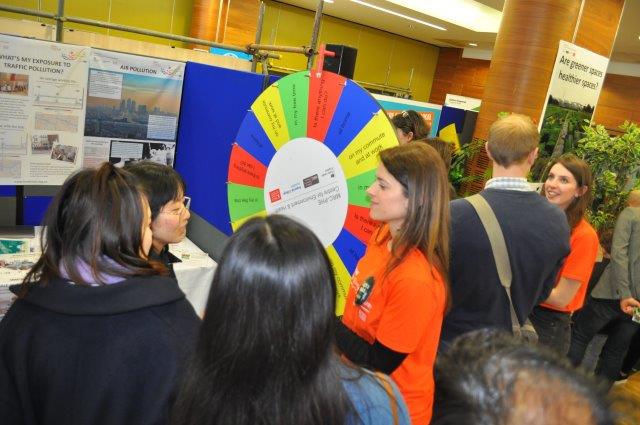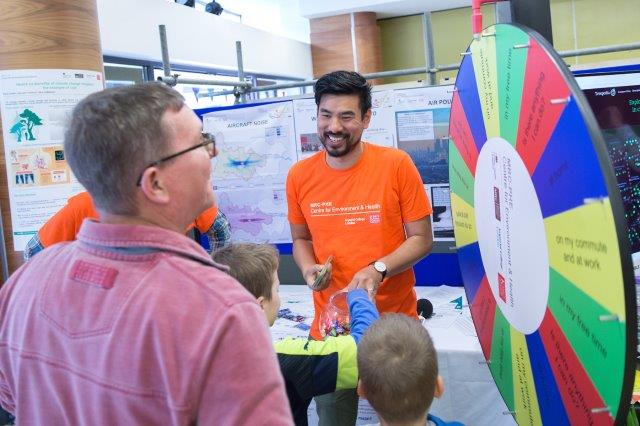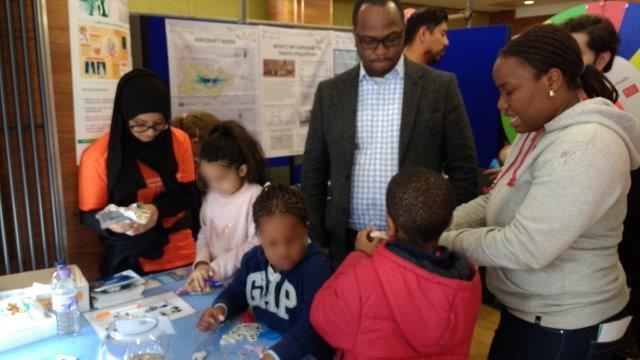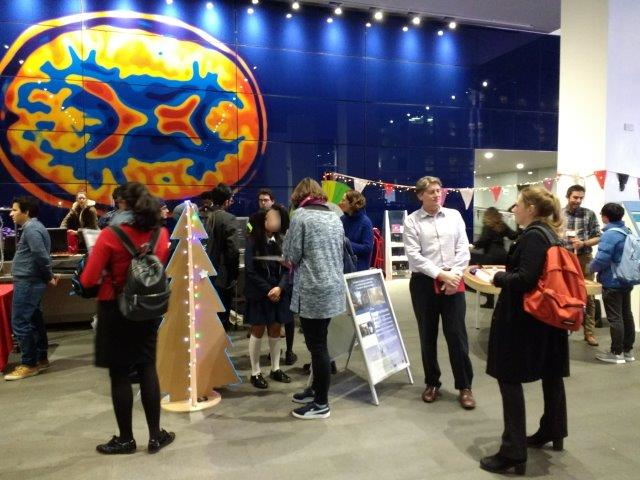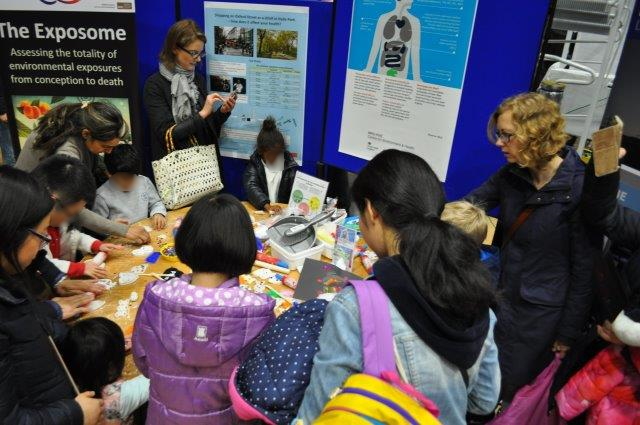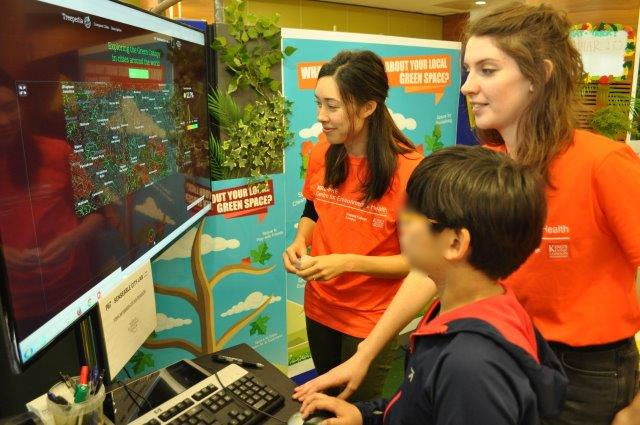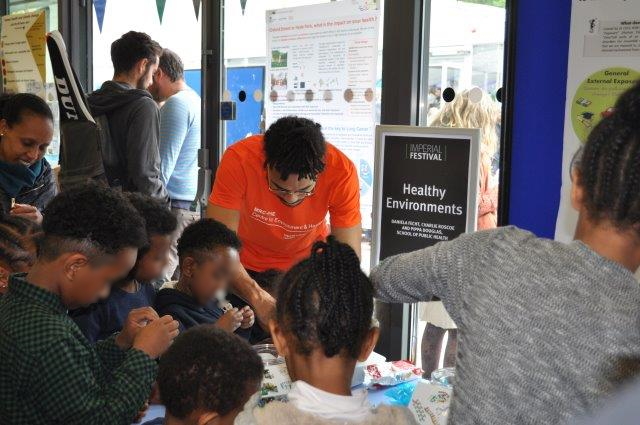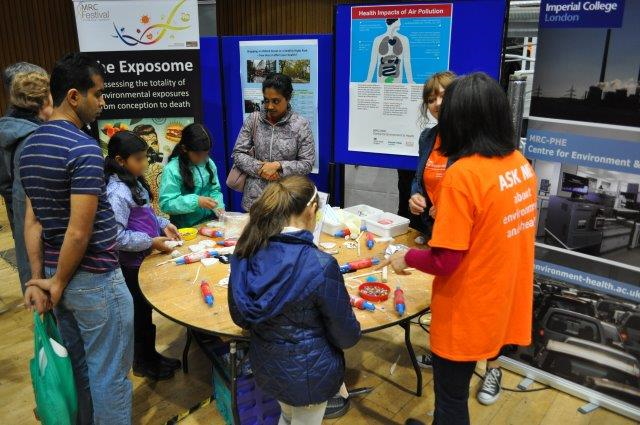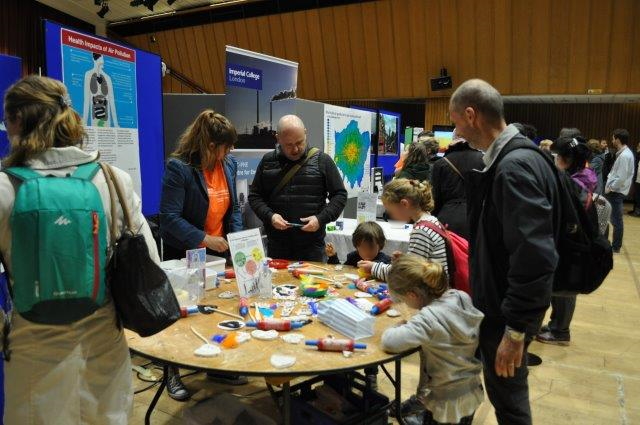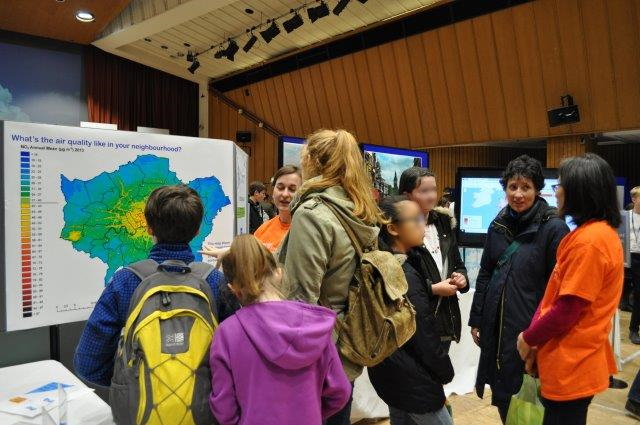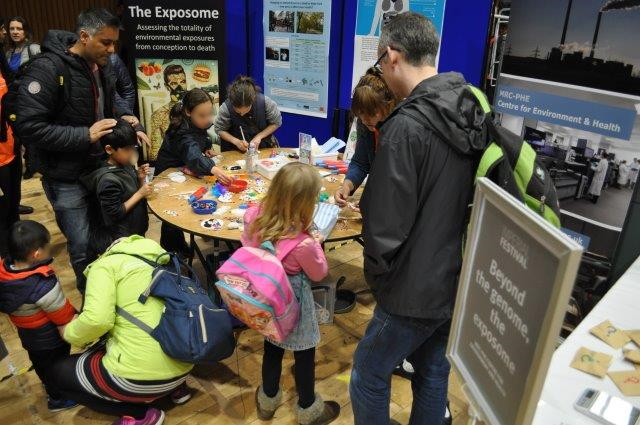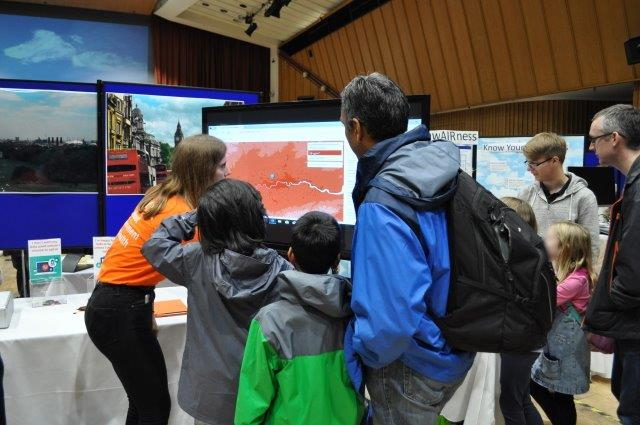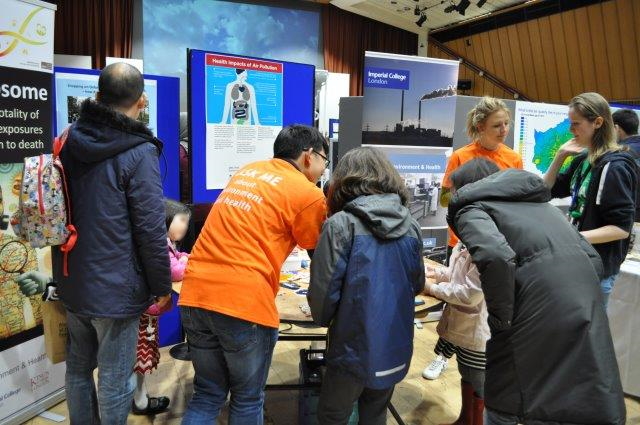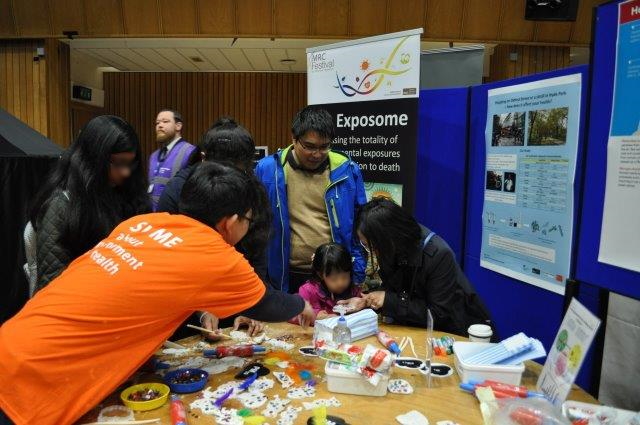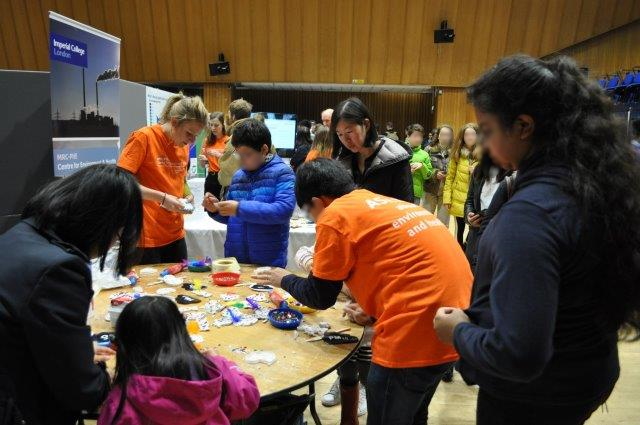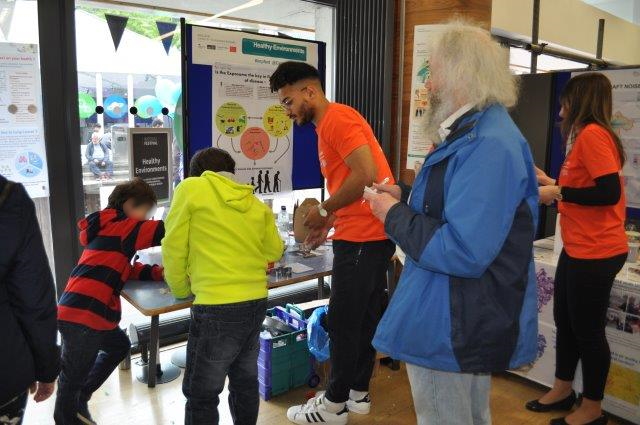OUR MISSION
The MRC Centre for Environment and Health undertakes the highest quality research in the fields of environment and health, to inform health policy and the understanding of key issues affecting our society. The Centre achieves this by bringing together the best researchers from all areas of public health, encouraging novel cross-disciplinary approaches, and by providing the highest quality training to new and existing researchers in these fields. The Centre is based upon the principles of openness, transparency, inclusivity and integrity in all its work, with the primary goal of improving national and international public health and protecting the future generations.

uhuihih
About us
The MRC Centre for Environment and Health brings together a number of leading groups conducting research on diverse fields of environment and health at Imperial College London and other partner research institutes in the UK. The Centre is generously funded by the Medical Research Council and has strong links with the National Institute for Health Research Health Protection Research Units (NIHR HPRU) in Chemical and Radiation Threats and Hazards and in Environmental Exposures and Health.
For more information on the Centre's structure, governance and membership see here.
Our Research
Research at the MRC Centre for Environment and Health focusses on the study of the health effects of ubiquitous environmental hazards of major public health and scientific importance, such as air pollution, noise pollution, non-ionising radiation and other agents.
The Centre’s research is grouped in five complementary themes, from research on Environmental Pollutants, Exposome and Healthy Cities, to Biostatistics and Cohort studies. The Centre’s activities also include leading programmes on Training and Policy Translation.
For more details on the Centre's research see here.
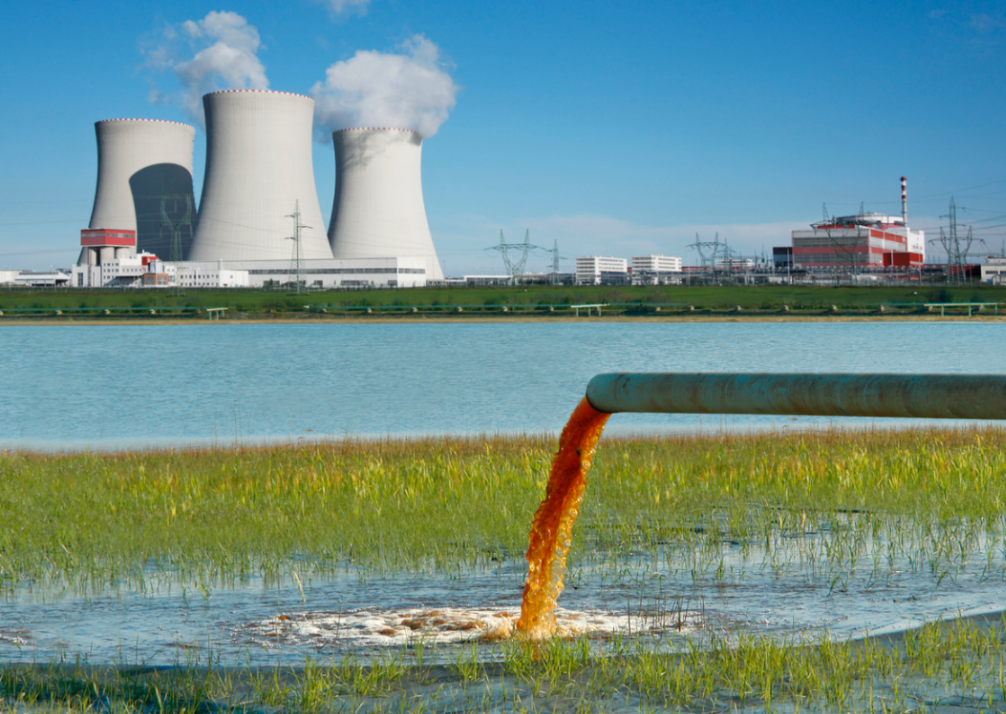
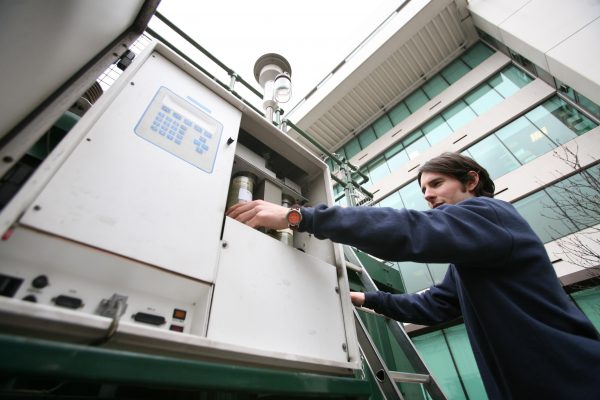
Training
The Centre's training programme is critical to our overall mission, which includes being the leading European centre for training and career development in environment and health sciences. Our goal is to establish a high-quality training and career development programme for PhD and early-career postdoctoral researchers with a focus on quantitative sciences and on multi-disciplinary and transferable skills in environment and health research.
For more details on the Training Programme see here.
Latest News
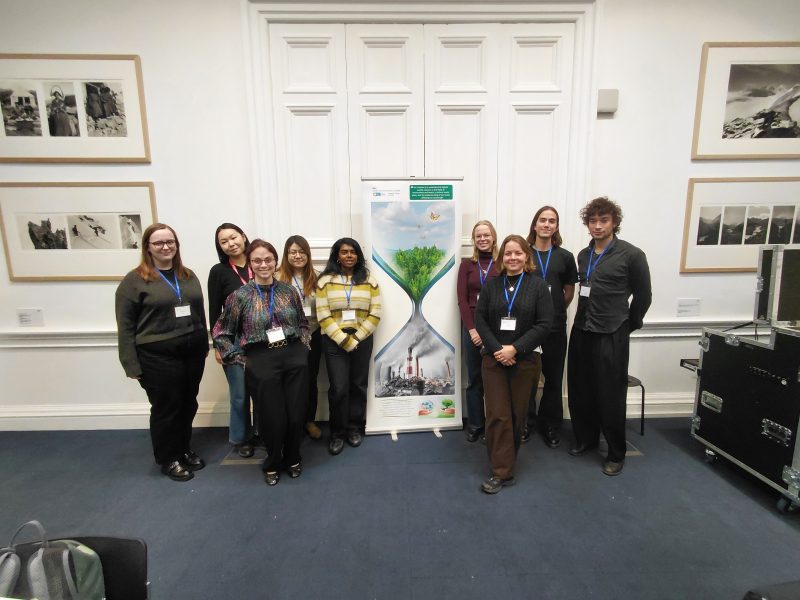
MRC Centre for Environment and Health Annual Training Day
One of the highlights of the year for both our students and research staff was the 5th Annual Training Day, held on 4 December 2025, at the Royal Geographical Society. As the MRC Centre approaches the end of its funding period, this event provided a valuable opportunity for the Centre community to come together and […]
Continue reading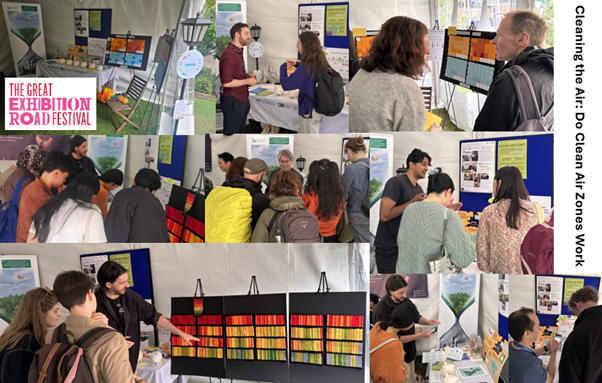
Engaging the Public on Clean Air Zones at the Imperial Great Exhibition Road Festival 2025
The MRC Centre for Environment and Health actively participated in the Imperial Great Exhibition Road Festival on the weekend of June 7th and 8th, 2025. Our presence was primarily within the “Adult Only Zone – Cleaning the Air: Do Clean Air Zones Work,” where our core objective was to engage the public and gather their […]
Continue reading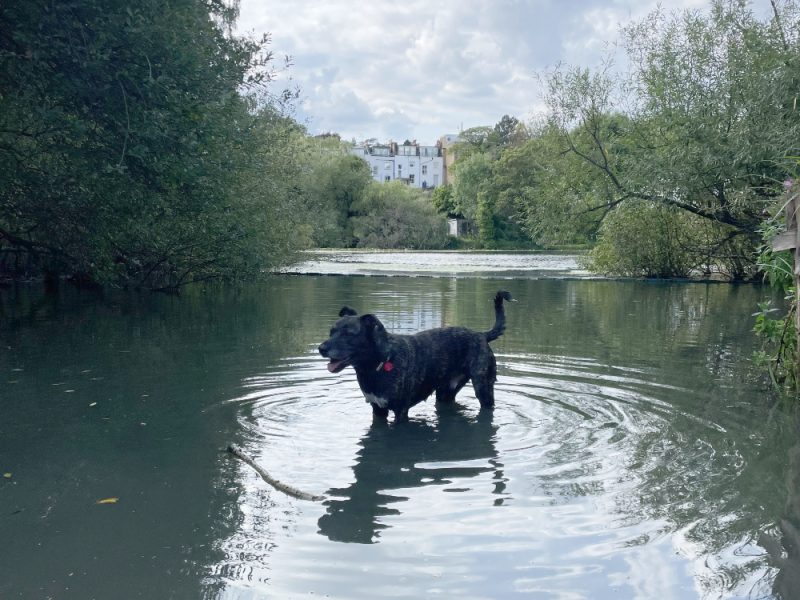
Hampstead Heath ponds where dogs swim contaminated with pesticides
Dr Leon Barron of the Environmental Research Group, Imperial College London, co-leads work on how pesticides in ponds can be harmful to dogs. Also reported in The Times and Standard.
Continue reading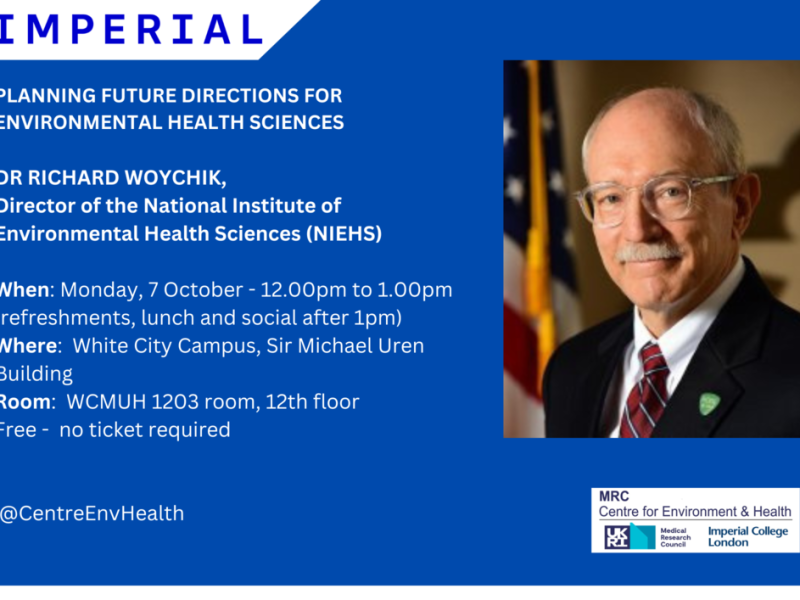
MRC Seminar – Planning Future Directions for Environmental Health Sciences – Dr Richard Woychik, Monday 7th October
MRC Centre for Environment and Health Seminar| Richard Woychik – Planning Future Directions for Environmental Health Sciences 12:00 – 13:00, Monday 7 October Room 1203, Sir Michael Uren Building, White City Campus Free – no ticket required Richard Woychik, Ph.D., became the Director of the National Institute of Environmental Health Sciences (NIEHS), one of the […]
Continue reading



